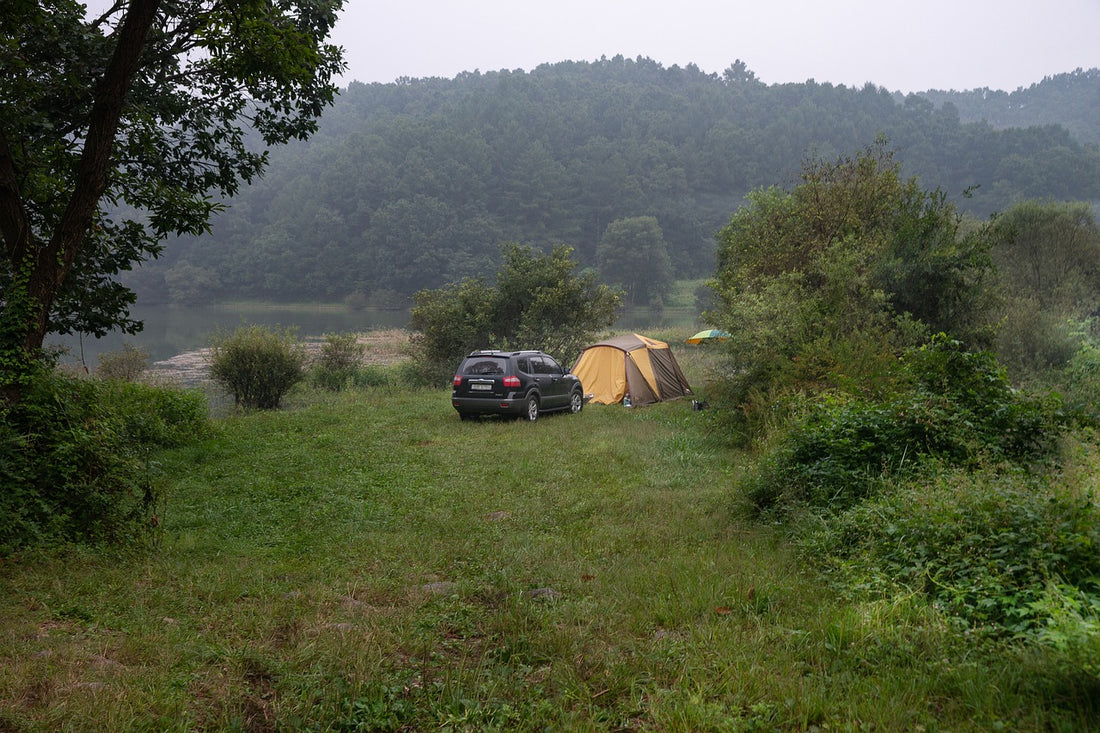
Why Sustainability Matters in Outdoor Adventures?
Share
As outdoor enthusiasts, we cherish the beauty and tranquility that nature offers. Whether it’s hiking through lush forests, camping under starlit skies, or kayaking on pristine lakes, the outdoors provides us with an unparalleled sense of freedom and connection to the natural world. However, as we enjoy these activities, it is crucial to recognize the impact we have on the environment and the importance of embracing sustainability to preserve these natural wonders for future generations.
Why Sustainability Matters
1. Preserving Natural Landscapes
Our favorite hiking trails, scenic vistas, and remote campsites are often part of delicate ecosystems. Unsustainable practices, such as straying off marked paths or leaving waste behind, can lead to erosion, habitat destruction, and pollution. By adhering to sustainable practices, we help maintain these areas' natural beauty and ecological balance. This ensures they remain pristine and accessible for everyone to enjoy.
2. Reducing Waste and Pollution
Outdoor activities can sometimes generate waste, from food wrappers to disposable water bottles. This waste, if not managed properly, can pollute the environment and harm wildlife. Opting for reusable gear, packing biodegradable products, and always carrying out what we carry in can significantly reduce our environmental footprint. The goal is to leave no trace, ensuring that our natural playgrounds stay clean and beautiful.
3. Conserving Natural Resources
Many outdoor activities depend on natural resources like water, wood, and land. Using these resources responsibly ensures they are available for future adventurers. For example, bringing a water filter instead of bottled water reduces plastic waste and conserves local water supplies. Following fire safety guidelines helps prevent wildfires and protects forests. Supporting conservation efforts can help preserve these vital resources for generations to come.
4. Protecting Wildlife
Observing wildlife in their natural habitat is a thrilling part of any outdoor adventure. However, human activities can disrupt these habitats and threaten the survival of various species. Keeping a safe distance from wildlife, avoiding feeding animals, and securing food properly can help protect these creatures and their ecosystems. Respecting wildlife ensures that these magical encounters remain special and that biodiversity is maintained.
5. Promoting Environmental Awareness
Practicing sustainability raises awareness about the importance of conservation. By setting a positive example and educating others about sustainable practices, we can inspire a broader movement toward environmental stewardship and responsible outdoor recreation. Sharing your knowledge and passion for sustainability can help build a community that values and protects our natural world.

Tips for Sustainable Outdoor Adventures
Ready to make a difference? Here are some practical tips to make your outdoor activities more sustainable:
1. Choose Eco-Friendly Gear
Invest in gear made from sustainable materials such as recycled fabrics, organic cotton, and bamboo. Support brands that prioritize environmental responsibility and ethical manufacturing. Durable gear also reduces waste by lasting longer and reducing the need for frequent replacements.
2. Minimize Waste
Use reusable water bottles, food containers, and utensils to cut down on single-use plastics. Always pack out all trash and dispose of it properly. If you come across litter on the trail, consider picking it up – every little bit helps. Additionally, opt for minimal packaging when planning your meals and supplies.
3. Stick to Established Trails
Staying on designated trails helps prevent soil erosion and protects plant life. Avoid creating new paths or shortcuts, as this can damage fragile ecosystems. Following trail markers and guidelines helps maintain the natural integrity of the environment.
4. Respect Wildlife
Observe wildlife from a distance and never feed or approach animals. Keep food stored securely to avoid attracting wildlife to your campsite. This not only protects the animals but also ensures your safety and maintains the natural behavior of the wildlife.
5. Practice Leave No Trace Principles
Familiarize yourself with and follow the Leave No Trace principles, which include planning ahead, traveling and camping on durable surfaces, disposing of waste properly, leaving what you find, minimizing campfire impact, respecting wildlife, and being considerate of other visitors. These principles are a comprehensive guide to enjoying the outdoors responsibly.
6. Support Conservation Efforts
Contribute to conservation organizations and initiatives that work to protect natural areas and wildlife. Participate in volunteer opportunities such as trail maintenance and habitat restoration projects. Donating to or joining conservation groups can help fund critical environmental protection efforts.
Let's Adventure Responsibly
Sustainability in outdoor activities is about more than just reducing our environmental footprint; it’s about fostering a deep respect for nature and ensuring that future generations can experience the same joys and wonders we do. By making mindful choices and promoting sustainable practices, we can all play a part in preserving the natural world for years to come. Let’s commit to being responsible outdoor enthusiasts and guardians of the environment, one adventure at a time.
So, pack your gear, plan your next adventure, and remember to tread lightly. Together, we can ensure that the beauty and wonder of the outdoors remain intact for everyone to enjoy. Happy adventuring!
